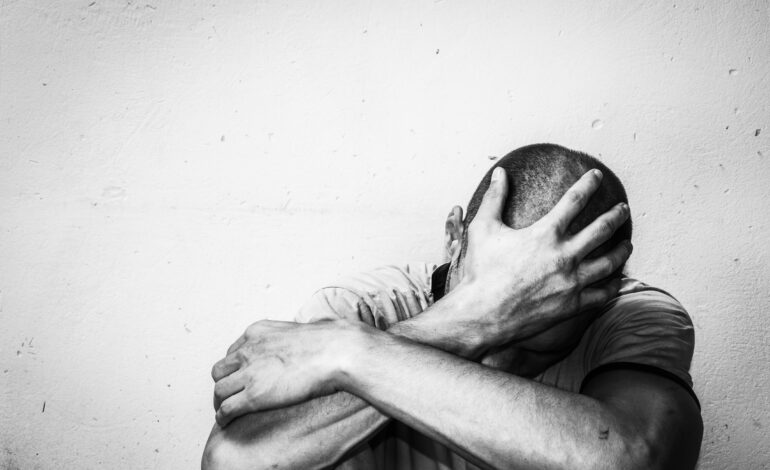Understanding Domestic Abuse in Men: A Call to Action for Supporting Male Victims
As we approach Supporting Male Victims of Domestic Abuse Day on 7th November, it’s
essential to shed light on a topic that has often been overlooked: domestic abuse against men.
While the conversation around domestic violence has historically focused on women, men can
also be victims, facing unique challenges that make it crucial to address their experiences and
provide appropriate support.
The Reality of Domestic Abuse Against Men in the UK
Statistics indicate that domestic abuse is a pervasive issue in the UK, affecting individuals
regardless of gender. According to the Office for National Statistics (ONS), in 2020, an
estimated 1.6 million men experienced domestic abuse. Despite this significant number, male
victims often feel isolated and unsupported due to societal stigma, misconceptions, and a lack
of resources tailored specifically for them.
Many men may hesitate to report abuse due to fears of not being believed, embarrassment, or
feelings of shame. The stereotype that men should be strong and resilient can exacerbate this
reluctance, causing them to suffer in silence.
Types of Abuse Faced by Men
Domestic abuse can take various forms, including physical violence, emotional and
psychological abuse, financial control, and coercive behavior. Men may experience:
- Physical Abuse: This includes hitting, slapping, or any form of physical aggression.
- Emotional Abuse: Verbal attacks, humiliation, and manipulation can deeply affect a
mans self-esteem and mental health. - Coercive Control: Many men are subjected to controlling behaviors that restrict their
freedom, often through intimidation or threats.
The Impact of Domestic Abuse on Men
The consequences of domestic abuse on men can be severe, impacting their mental and
physical health. Many male victims experience anxiety, depression, and feelings of
hopelessness, which can lead to long-term psychological trauma. Moreover, the stigma
surrounding male victimhood may discourage them from seeking help, further isolating them
from support networks.
Support and Resources Available
Despite the challenges, there are growing resources and organisations dedicated to supporting
male victims of domestic abuse in the UK. Here are some key resources:
- Man Kind Initiative: This confidential helpline offers support, advice, and guidance for
men experiencing domestic abuse. They provide a safe space to discuss concerns and
explore options. - Local Domestic Violence Services: Many local councils have services specifically for
victims of domestic abuse. These can include counseling, advocacy, and housing
support.
Encouraging Open Conversations
It’s essential for society to foster an environment where men feel safe to speak about their
experiences without fear of judgment. Public campaigns and education programs aimed at
increasing awareness of domestic abuse against men can play a significant role in challenging
misconceptions and stigma.
On this Supporting Male Victims of Domestic Abuse Day, let’s make a commitment to listen,
believe, and support male victims of domestic abuse. By breaking the silence and
acknowledging their experiences, we can help create a more inclusive and supportive society
for all victims of domestic abuse.
Conclusion
Domestic abuse is a critical issue that affects individuals regardless of gender. By recognising
and addressing the unique challenges faced by male victims, we can work towards providing
the support they need and deserve. On 7th November, let’s stand together to raise awareness
and advocate for all victims of domestic abuse, ensuring that everyone has access to help,
support, and a path to recovery.
